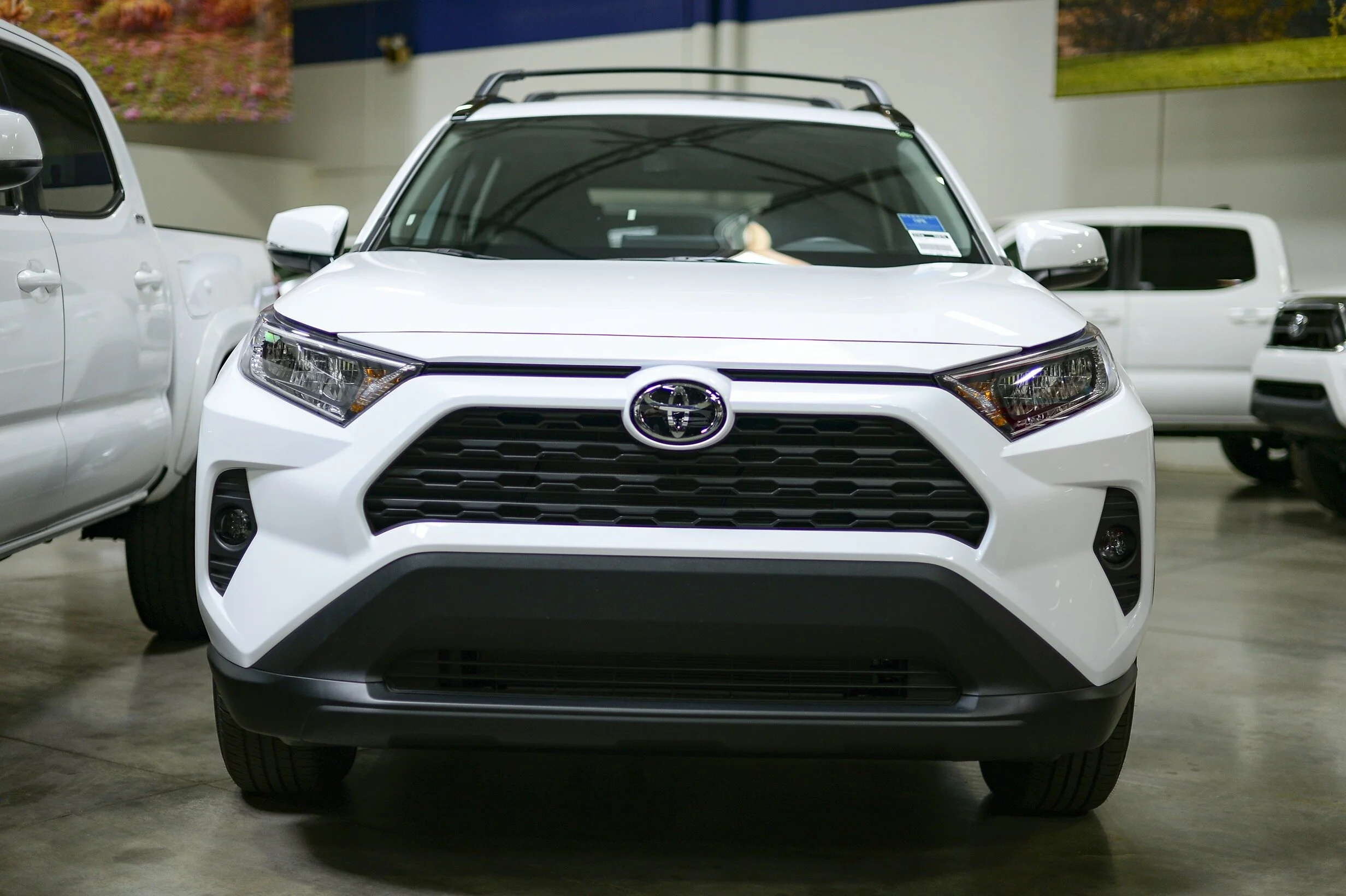Leasing the RC Auto Way
Very few leasing companies are concerned with nothing more than your immediate lease. But as a family owned and operated business, our priority is our relationship with you, the client, and finding the right solution for your driving needs. We offer full disclosure and educate you on the entire leasing process in order to earn your trust and valued account before structuring a custom lease package that is the most beneficial to you.
Questions & Answers About Leasing
How can I be assured that I will get the most accurate, up to date and honest information on leasing?
RC Auto Corporation is a member of the National Vehicle Leasing Association (NVLA) and subscribes to their lofty ethical standards. The NVLA has an advanced education program covering all facets of the leasing industry. Those who complete this advanced study program are awarded the designation of Certified Vehicle Leasing Executive. Of the three persons in Arizona awarded this CVLE designation, two are employed by RC Auto Corporation – Roger Camping and Steve Davis. In addition, RC Auto prides itself on delivering trustworthy and transparent service to each and every person who walks through the door, and we believe it’s one of the main reasons we’ve have the privilege of doing what we love for over 35 years.
What is the difference between leasing and purchasing?
When you lease a vehicle, you only pay for the portion of the vehicle’s cost that you are using during the lease term. When you purchase a vehicle you actually pay for the whole vehicle, thereby tying up more cash than in a lease.
What are the financial advantages of leasing?
With leasing, you’re able drive a nicer, more expensive vehicle for about the same payment as a cheaper vehicle because the nicer vehicle has a higher resale value. Leasing conserves capital because a down payment is not required for a lease. In addition, leasing defers sales tax, and generally offers significant tax savings if the vehicle is used primarily for business.
If I lease, I won't own anything at the end of the lease. Right?
Leasing is designed for companies or individuals who wish to replace their vehicles every three years or so. If you finance a vehicle on a 5 or 6 year loan, you will probably not have any equity after three years either. So, if you trade every three years, you never “own” your vehicle anyway, and you will miss out on all of the advantages that leasing affords you. Anyone buying a new car every five years or less should consider leasing.
Isn't leasing just for business use?
No, however, businesses were the first to recognize the advantages of leasing. Over the past few decades, more and more individuals have recognized the advantages of leasing. Today, leasing by individuals outpaces leasing by businesses.
Can I lease a used vehicle?
Although most leased vehicles are new, we can lease used vehicles up to three years old. We generally prefer to know the history of the vehicle, so that we can be assured that you will not have mechanical or service problems.
Isn't insurance more expensive on a lease?
On a leased vehicle you must insure the vehicle the same as if you owned it. For the same coverage, the cost of insurance is the same, whether you are leasing or buying your vehicle.
I drive 20,000 miles per year, so I shouldn't lease because I would have a huge mileage penalty, because leases only allow for 12,000 miles per year. Right?
No, not at all. Most car dealers advertise leases based on an average annual mileage of 10,000 or 12,000 miles because it allows them to quote a lower monthly payment. If you own a car and put a lot of miles on it, it will end up costing you more because of the lower trade-in value for your used vehicle. If you track more miles than average, RC Auto can build extra mileage into your lease so that you do not pay an excess use charge until you exceed 18,000, 20,000, 25,000 miles per year or whatever you intend to drive.
Do I have an option to purchase my leased vehicle at the end of the lease?
Most “Closed-end” leases give the lessee the option to purchase the vehicle at lease termination. The lessee gets the best of both worlds – if your vehicle is worth less than the balance due at lease termination, you may simply turn the vehicle in, but if your vehicle is worth more than the balance due at lease termination, you may exercise your purchase option and “cash-in” your equity.
What if I want to terminate my lease early?
If you need to terminate your lease before the scheduled termination date, the lessee is responsible for any difference between the value of the vehicle and the balance on the lease at the time of early termination. You lose the walk-away provision you would have had if you had kept your vehicle for the full term of the lease. At RC Auto we counsel our customer before entering into the lease so that the possibility that you might need to terminate your lease early is very remote.
What are my up-front costs to get into a lease?
One of the benefits of leasing is that a down payment is not required. Your only costs on delivery include the first month’s lease payment in advance, the first year’s license and document fees and the bank acquisition fee.
Who is responsible for maintenance on my leased vehicle?
You, as the lessee, would maintain the vehicle the same as if you owned it. However, with a leased vehicle you are getting the best miles of use out of the vehicle and will be turning in the vehicle back to the leasing company before you get into the higher maintenance costs associated with older vehicles. You will also be covered by the manufacturer’s warranty for all, or most, of the time you have your leased vehicle.
Who will provide warranty service on my leased vehicle?
A franchised dealer must do all warranty work. We work with the best of the best when it comes to service providers in the area to ensure you have access to the best warranty service available. We’d be happy to assist you in setting up your service appointment with a reputable dealer, convenient to your home or office, where our designated service writer or service manager will assist you. Just give us a call – 623.434.1100.
I've heard of walk-away leases. What are they?
A walk-away lease, also known as a closed-end lease, protects the lessee from excess loss of value at the lease termination. If you keep your lease until its termination date, the only things you are responsible for are the condition of the vehicle and the mileage. If you have damage on the vehicle, not covered by insurance, it is your responsibility to repair the damage before returning the vehicle, or to reimburse the leasing company for repairing the damage. Also, if you are over the originally agreed upon mileage in the lease agreement you will be assessed an excess use charge; usually 15-25 cents per mile. If the vehicle is worth less on the market than what the lessor originally thought it would be worth, this is not your responsibility.
I have seen car dealers advertise 39 month leases. What's the deal?
Some Banks/Credit Unions allow dealers to advertise and write “Odd Term Leases”, like 39 or 42 months. Although it allows for a slightly lower payment, the Banks/Credit Unions are counting on the customer not wanting to renew their plates and only get 3 months use of the renewal when they receive their bill for their license plates at the end of 36 months. If the customer terminates the lease early to avoid paying the license fees, this lets the bank off of the hook for guaranteeing the residual value. When the customer understands this before entering into the lease, they will rarely opt for an Odd Term Lease. At RC Auto, we explain this to our clients, and as a result, write virtually no Odd Term Leases.
I have poor credit and no down payment, so isn't it better for me to lease?
On the contrary, leasing requires better credit than a conventional auto loan. Without a down payment, there is no equity and therefore more risk to the bank or leasing company.
What is a residual?
The Residual or Residual Balance is the value that the leasing company thought your vehicle would be worth at the end of the lease. A monthly payment is then calculated to write the balance on your leased vehicle down to that Residual Balance.
What is GAP coverage?
On a lease, on which you’re not making a down payment, the vehicle, will depreciate faster early in its life than the rate at which the lease balance goes down. If the vehicle is stolen and not recovered, or if it’s totalled, without GAP Coverage, there could be a significant difference between the value your insurance company places on your vehicle, and the balance on the lease. With GAP Coverage, should that happen, your only liability would be the insurance deductible you have chosen.
What is an acquisition fee?
This is a fee charged by banks to cover their cost of GAP Coverage, Residual Value Insurance and setup costs, much like a home mortgage.
Term Your Lease
If you leased your vehicle elsewhere, we can help. Please fill out the form below and we will be in contact with you on your lease termination options.

